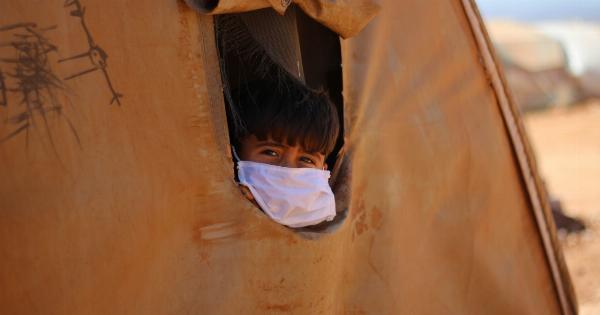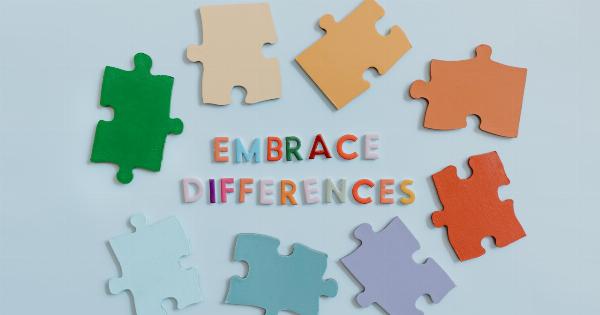Becoming a mother is a milestone moment in a woman’s life. It is a decision that requires careful consideration, as the timing can significantly impact both the mother’s and child’s well-being.
While there is no one-size-fits-all answer to the question of the optimal age to become a mother, various factors influence this decision. In this article, we will explore the pros and cons of different age ranges for women to embark on the journey of motherhood.
The Biological Clock: Fertility and Age
One of the crucial factors to consider when contemplating motherhood is a woman’s fertility. The concept of the biological clock refers to the gradual decline in fertility experienced by women as they age.
Women are born with a finite number of eggs, and as they age, the quality and quantity of eggs decline, making it more challenging to conceive naturally. As a result, women who wish to have children may face more obstacles as they grow older.
The Early Twenties: A Time of Youth and Vigor
Many women in their early twenties may find themselves contemplating motherhood. At this age, women are at the peak of their fertility, and conceiving a child is generally easier.
Additionally, younger women tend to have more energy and recover from pregnancy and childbirth more quickly. The early twenties may also be an ideal time for women who envision having multiple children, as they will have more time to space out their pregnancies.
Career and Financial Stability: Waiting Until the Thirties
In recent years, there has been a rising trend of women delaying motherhood until their thirties. This shift can be attributed, in part, to the increasing emphasis on education and career development.
Many women feel the need to establish themselves professionally and achieve financial stability before starting a family. Waiting until the thirties also allows women to gain life experience, maturity, and emotional readiness, which can positively influence their parenting abilities.
Increased Risks: Pregnancy and Age
While waiting until the thirties or beyond may offer certain advantages, there are also potential risks associated with pregnancy at an older age. As women age, the likelihood of fertility issues, such as infertility and miscarriages, increases.
Additionally, maternal age is correlated with an increased risk of medical complications during pregnancy, such as gestational diabetes, high blood pressure, and preterm labor. Women who choose to postpone motherhood should be aware of these risks and consult with medical professionals.
Advanced Maternal Age: A Delicate Balance
Advanced maternal age typically refers to women who become pregnant at the age of 35 or older. While there are risks associated with pregnancy at this stage, advancements in medical technology have made it safer for women to have children later in life.
However, it is crucial for women in this age range to be proactive in managing their health and seeking regular prenatal care to mitigate potential complications.
The Emotional Aspect: Age and Motherhood
In addition to the biological and physical considerations, the emotional aspect of motherhood should not be overlooked. Becoming a mother is a life-altering experience, requiring immense dedication, patience, and energy.
Some women may find that they are emotionally ready to embrace motherhood in their twenties, while others may require more time to develop a strong sense of self and stability. Ultimately, age is just one aspect of readiness; each woman’s journey is unique.
Social Expectations and Support Systems
Social expectations and support systems also play a significant role when deciding the optimal age for motherhood. Cultural and societal norms can influence a woman’s decision to have children at a specific age.
The availability of support from a partner, family, friends, and professional networks can greatly impact a woman’s ability to navigate the challenges of motherhood.
Conclusion
There is no definitive answer to the question of the optimal age for women to become mothers. It is a deeply personal decision influenced by various factors such as fertility, career aspirations, emotional readiness, and support systems.
Each woman must evaluate her circumstances and determine the right time for her to embark on the journey of motherhood. Consulting with medical professionals, discussing with loved ones, and self-reflection can guide women in making the informed choice that aligns with their values and aspirations.



























